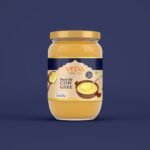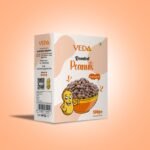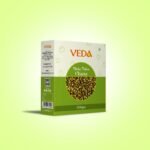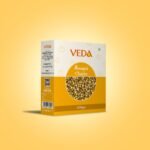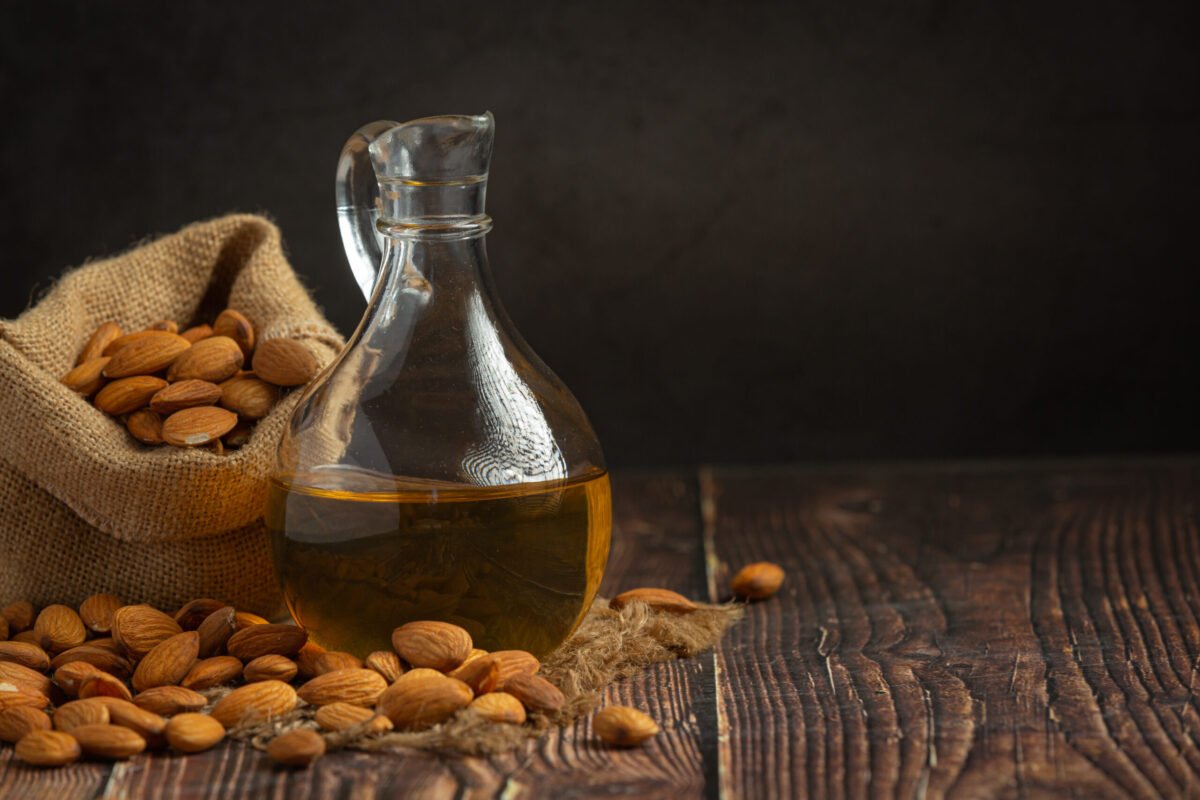
Cold-Pressed vs. Refined: The Truth About Almond Oil
We want clean taste and steady cooking with a simple routine, so a clear comparison helps before we pick a bottle. If we are choosing almond oil for cooking, the real choice sits between cold-pressed and refined.
That choice shapes flavour, aroma, heat handling, and the way a dish finishes on the plate. We will keep this practical with plain talk and small, doable moves you can try tonight.
How Each Type of Almond Oil for Cooking Is Made, in Simple Words
Cold pressing involves slowly squeezing oil from almond kernels at relative temperatures and without the use of industrial solvents. This process helps to keep the flavour of the oil softer and helps with the aromatics of the oil to remain light and present so that it feels true in salad dressings and warm dishes.
Refined oil takes additional steps to lighten colour and soften scent, which is an advantage of refining for larger kitchens, especially if neutrality and shelf life are priority. We cook at home most nights, so small shifts in smell and taste become apparent quite quickly and that simple truth shapes our choice.
Flavor and Aroma in a Real Kitchen
Cold-pressed gives a soft, honest nut note that lifts warm veggies and simple grain bowls without stealing attention, and that quiet lift pairs well with dal or pulao at the table.
Refined feels more neutral on the tongue, which can help when you want spices to lead without a nut hint in the background. We find that cold-pressed shines at the end of cooking, while refined plays a background role during prep on busy days.
Heat Behavior and Smoke Point
High heat stresses delicate oils, so we keep cold-pressed at low to medium flame and let it finish the dish rather than carry the whole cook, which protects taste and keeps the pan calm.
Refined handles stronger heat with more ease, so it suits a quick stir on a hot day when dinner needs to land fast. If a recipe needs a fierce sear or a deep fry, refined stays steadier in that zone and keeps the air quieter in the kitchen.
Nutrition and Processing
Gentle pressing aims to keep natural parts closer to how they exist in the kernel, and many cooks prefer that approach for everyday meals that value simplicity.
Refining adds stability and a clean look, which some households like when they batch-cook large volumes and want the same neutral finish in each pot. We see merit in both paths, and the choice depends on cooking style more than on a headline claim.
Mouthfeel and Finish on the Plate
Cold-pressed lays down a smooth, light coat that feels polished on salads and warm grains, and a small drizzle on roasted carrots or beans gives a quiet sheen without heaviness.
Refined feels even lighter in taste, so the spoon reads almost invisible when the aim is a pure spice-forward profile. We rotate the two on need, and that flexibility reduces second-guessing during a busy week.
When to Pick Which
Reach for cold-pressed when you want character at the finish and a gentle nut line that rounds the dish, then keep the flame calm and stir near the end. Choose refined when the plan needs high heat or when you want the spice blend to speak without any nut hint in the backdrop.
If you keep both on the shelf, label the caps clearly and place the cold-pressed near salad gear and the refined near the main stove, which makes the right choice automatic during rush hour.
Buying a Good Bottle of Almond Oil for Cooking
Scan the front panel for clear words like cold-pressed or virgin on one bottle, and refined on the other, so you know the path used. A pale golden glow and a soft nut aroma suit cold-pressed, while refined often looks lighter and smells quieter, and both can be great when made with care.
Dark glass guards light and a snug cap guards air, and a simple batch code adds traceability that helps you trust the source. Pick sizes you can finish in a month or two and keep stock fresh rather than chasing bulk that sits too long.
Storage That Keeps Taste Steadysmart Buying Made Simple
Store the bottle in a cool, dark cupboard and keep it away from stove heat, since warm shelves harm the nutrients and composition of the oils and sunlight does the same.
Close the cap right after each pour and wipe the neck with a clean cloth so drips do not turn sticky. Then stand the bottle upright so the cap stays clean. These small moves hold flavor and reduce waste.
Cost, Value, and Shelf Space
Cold-pressed can sit at a slightly higher price point, yet a teaspoon at the end goes a long way. It turns simple fare into something you look forward to, which cuts the urge to order your next bottle. Refined handles volume work and still keeps the budget calm when you cook for a crowd, and that balance keeps the pantry lean. You can keep two bottles and use them with intent, and the pair will last longer than you might expect.
Final Picks in Plain Talk
If you want gentle flavor and a pleasant finish on salads and light sauté work, lean cold-pressed and keep the flame low. If the plan needs a hot pan and quick browning, lean refined and keep the stirring brisk and steady. That is the whole playbook, and it will keep dinner decisions easy.
A Short Note on Labeling and Myths
A heavy scent does not prove quality, and a soft nut aroma often signals careful pressing, while a light golden color is normal in a clean run. A thicker body does not mean higher grade, and a smooth medium feel suits most dishes.
If the bottle looks hazy on a cold day, let it sit at room heat and it clears, which is normal for oils that skip harsh steps.
The Middle Path for Busy Homes
Almond oil for cooking serves the role well when you match the right type to the right heat. Cold-pressed brings character and grace at the end, and refined carries load on the flame, and the two together make planning simpler. We like balance more than fixed rules, and that mindset leaves room for taste.
Final Note
If you want a steady pantry ally with honest flavor and calm behavior on the stove, almond oil for cooking is a smart pick, and the type you choose depends on heat and finish, not hype.
We press gently and we also offer a refined option at VedaOils, and we test batches and pack fast so freshness reaches your shelf in a good time. Pick the size that fits your routine and start with two small moves tonight.
A warm veggie finish with cold-pressed and a quick high-heat stir with refined, then see which plate you enjoy more.
